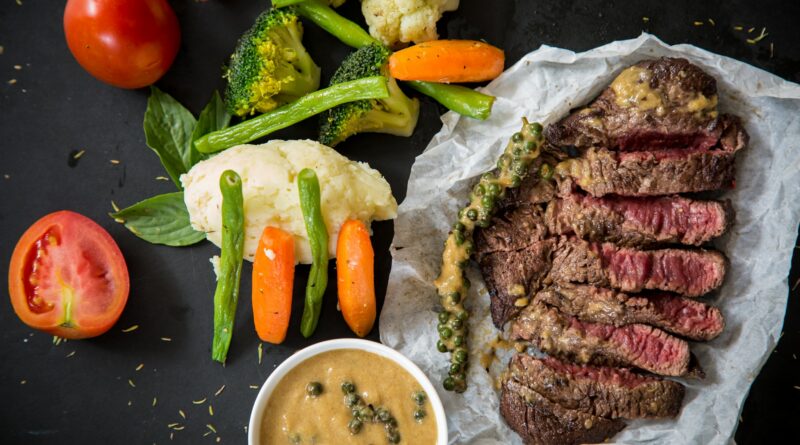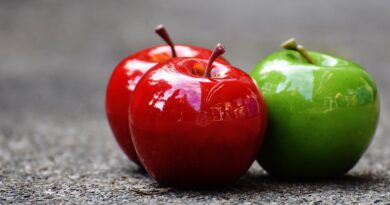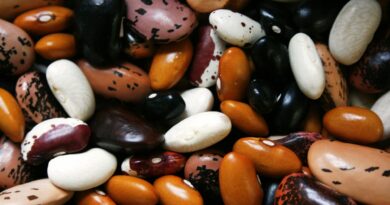Which Food is High in Protein? Find Out Here!
If you’re trying to build muscle, lose weight, or just maintain a healthy lifestyle, protein is a vital nutrient that your body needs. But with so many options out there, it can be hard to know which food is high in protein and which are not. In this blog post, we’ll explore some of the best sources of protein to help you make informed choices about what to eat.
Before we dive into the specifics, let’s quickly go over why protein is so important. Protein is one of the three macronutrients that our bodies need to function properly (the other two being carbohydrates and fats). It’s essential for building and repairing tissues, making hormones and enzymes, and maintaining a strong immune system. Additionally, protein is more satiating than carbs or fats, meaning it can help you feel full and satisfied for longer, which can be helpful for weight management.
So, which foods are high in protein? Here are some of the top options:
Lean meats
Meat is one of the most obvious sources of protein, but not all meats are created equal. If you’re looking for a lean option, consider chicken breast, turkey breast, and lean cuts of beef (such as sirloin or tenderloin). These cuts are low in fat and high in protein, making them an excellent choice for anyone trying to build muscle or lose weight.
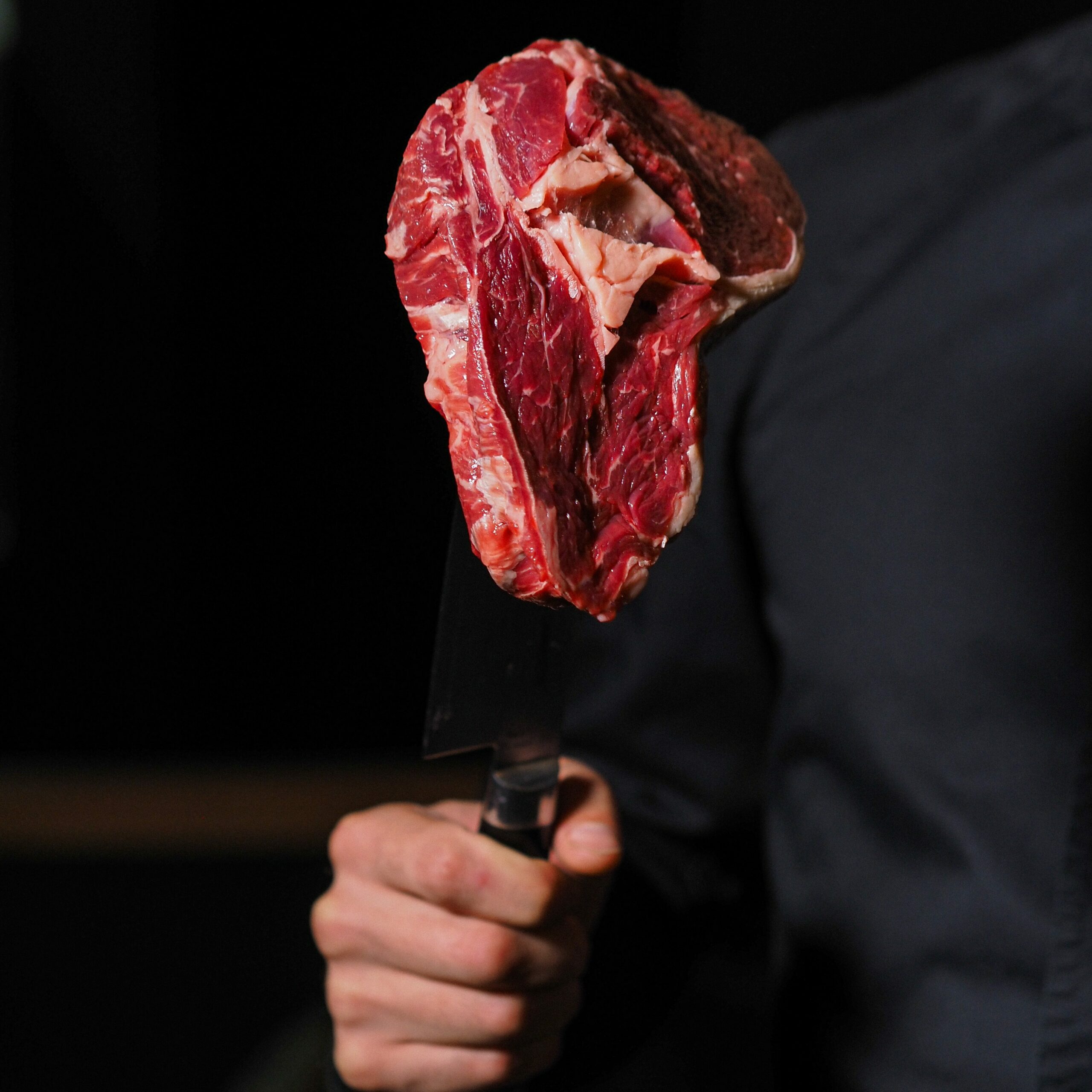
Fish and seafood
Fish and seafood are another great source of protein. Some of the highest protein options include salmon, tuna, and shrimp. Additionally, many types of fish are rich in omega-3 fatty acids, which can help reduce inflammation and support brain health.
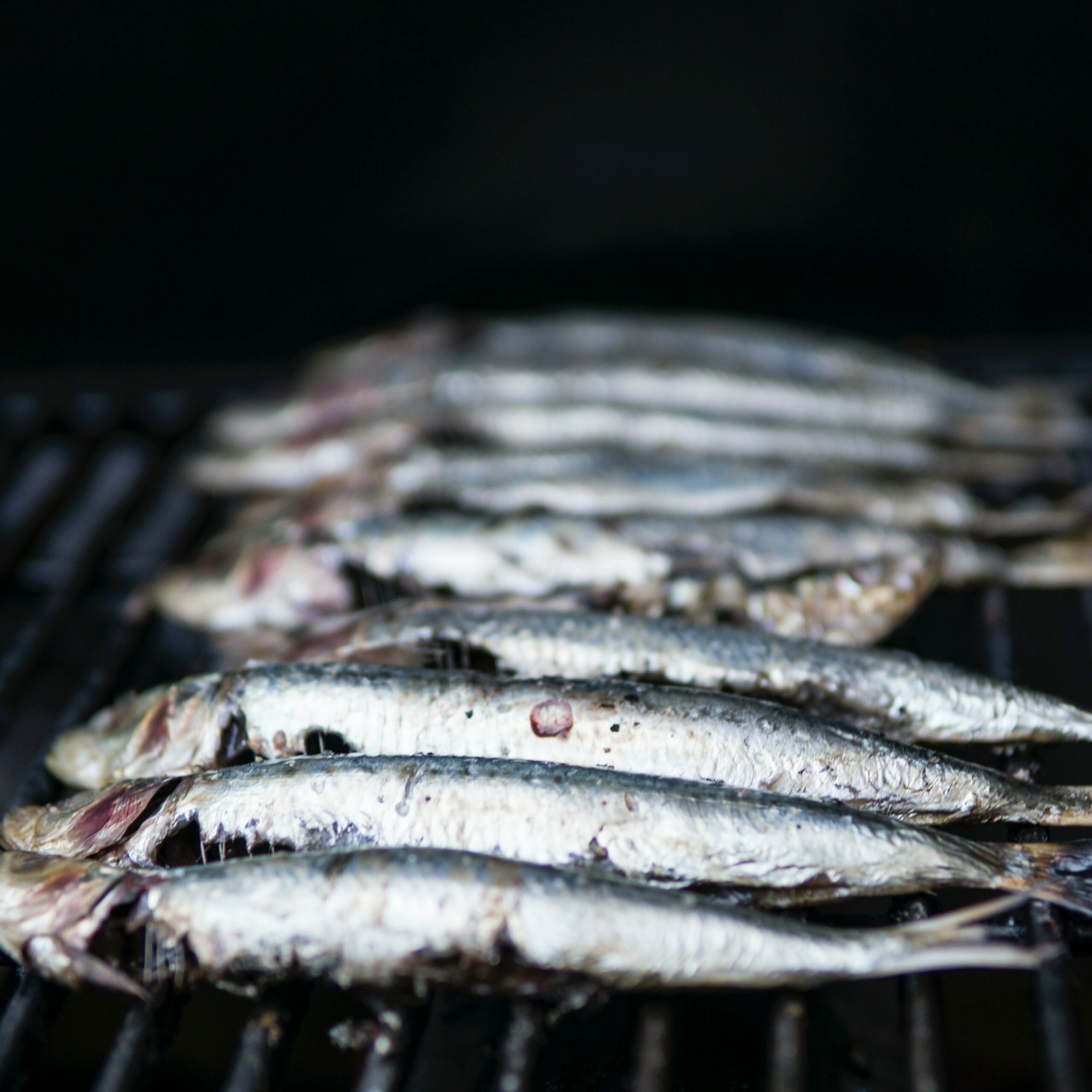
Eggs
Eggs are a versatile and inexpensive source of protein. One large egg contains about 6 grams of protein, making them an easy way to boost your protein intake. Plus, eggs are also high in vitamins and minerals, including vitamin D, choline, and selenium.
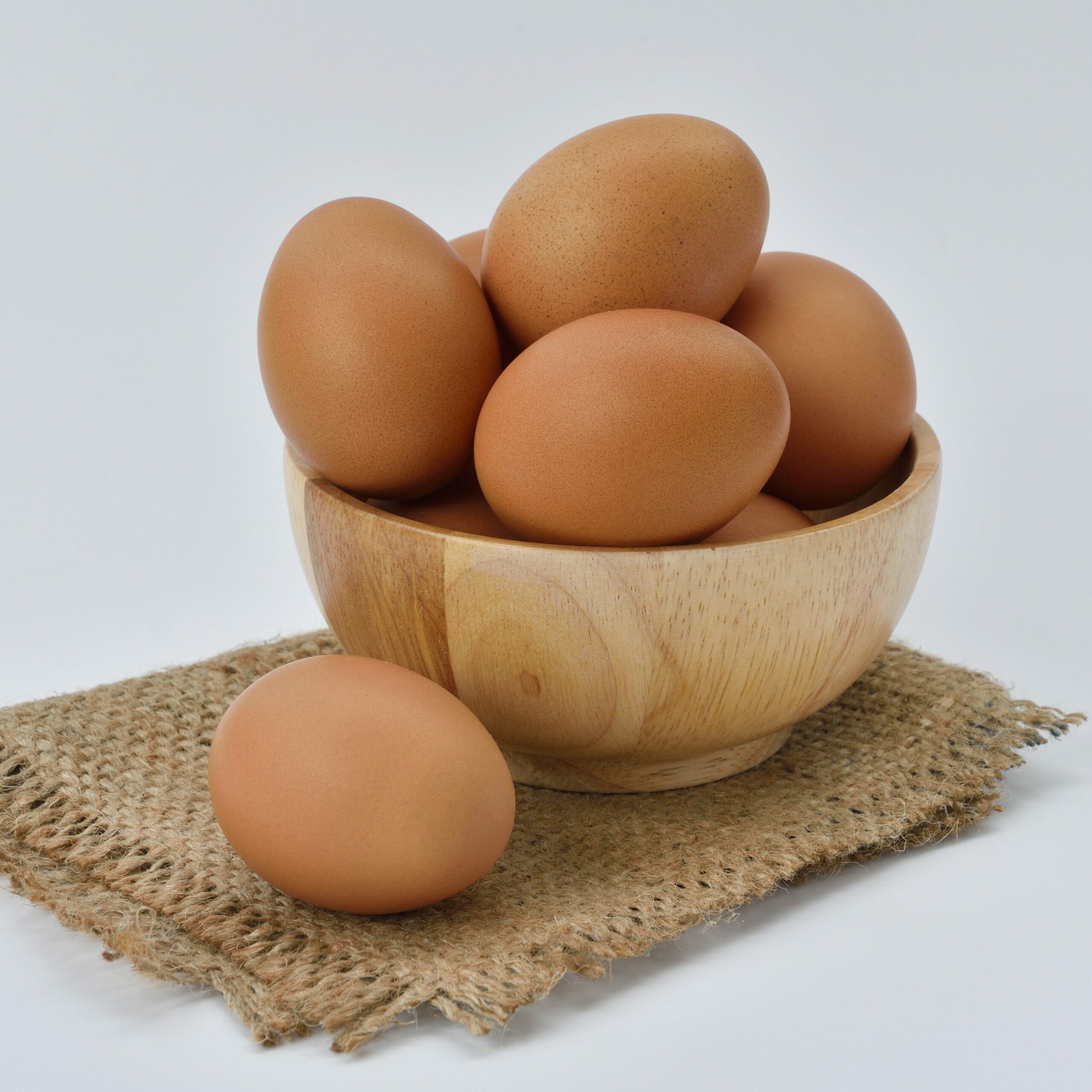
Dairy products
Dairy products like milk, cheese, and yogurt are also high in protein. Greek yogurt, in particular, is an excellent choice, as it’s thicker and creamier than regular yogurt and contains more protein per serving. If you’re looking for a lower-calorie option, opt for skim or low-fat dairy products.
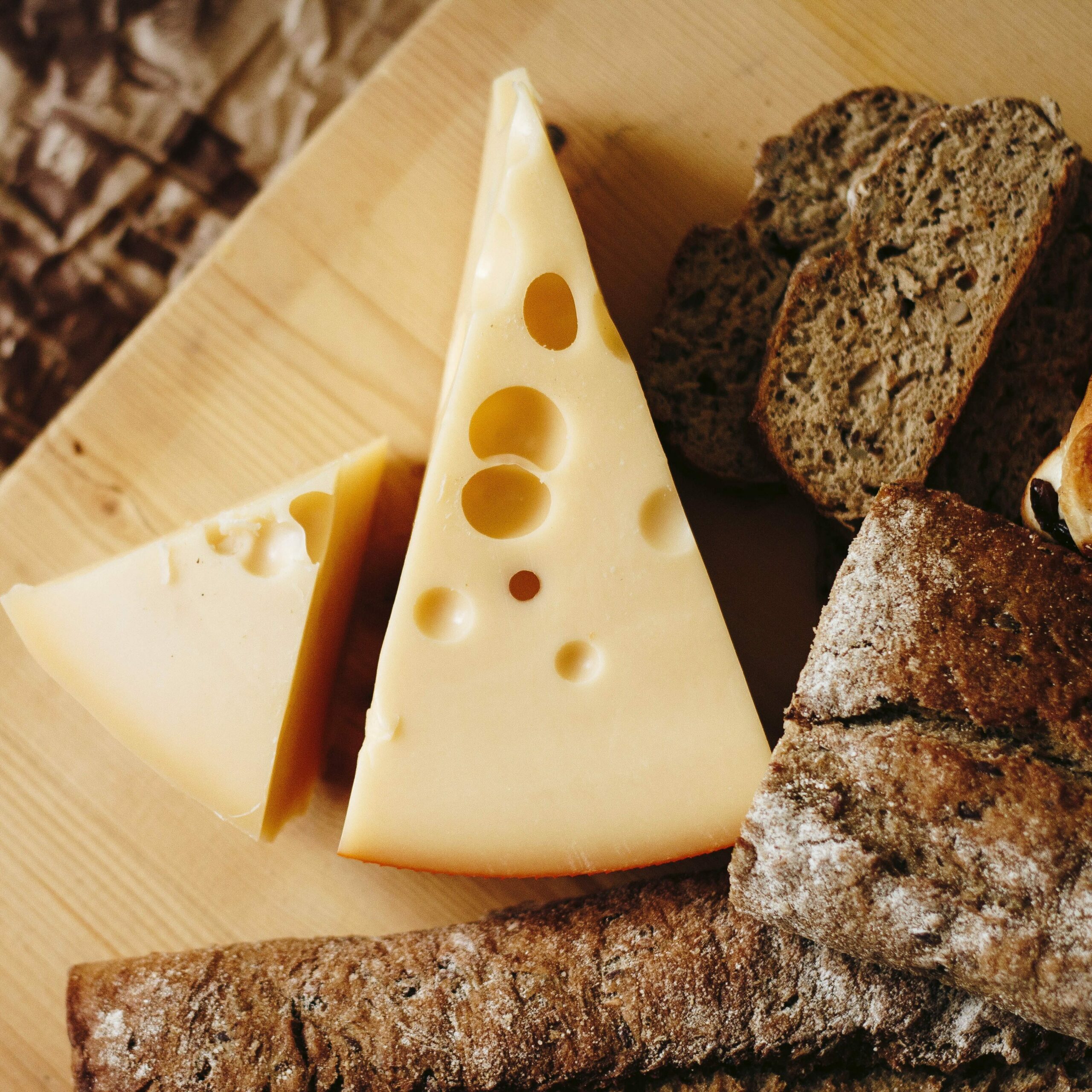
Legumes
Legumes like beans, lentils, and chickpeas are a great plant-based source of protein. They’re also high in fiber, which can help keep you feeling full and satisfied. If you’re not used to eating legumes, start with small portions and gradually increase the amount to avoid digestive issues.
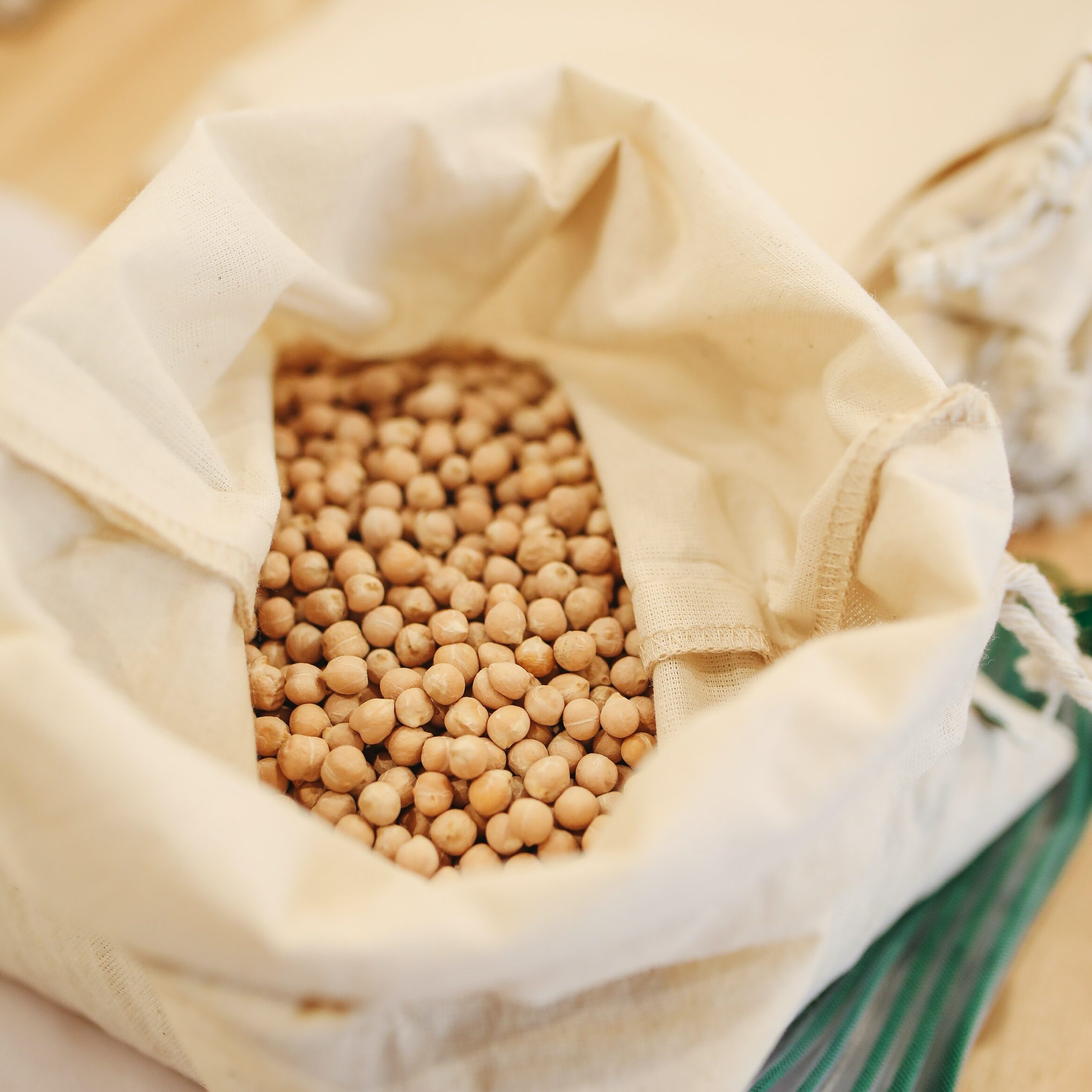
Nuts and seeds
Nuts and seeds are another plant-based source of protein. Some of the highest protein options include almonds, peanuts, and pumpkin seeds. Additionally, nuts and seeds are high in healthy fats and fiber, making them a great snack option.
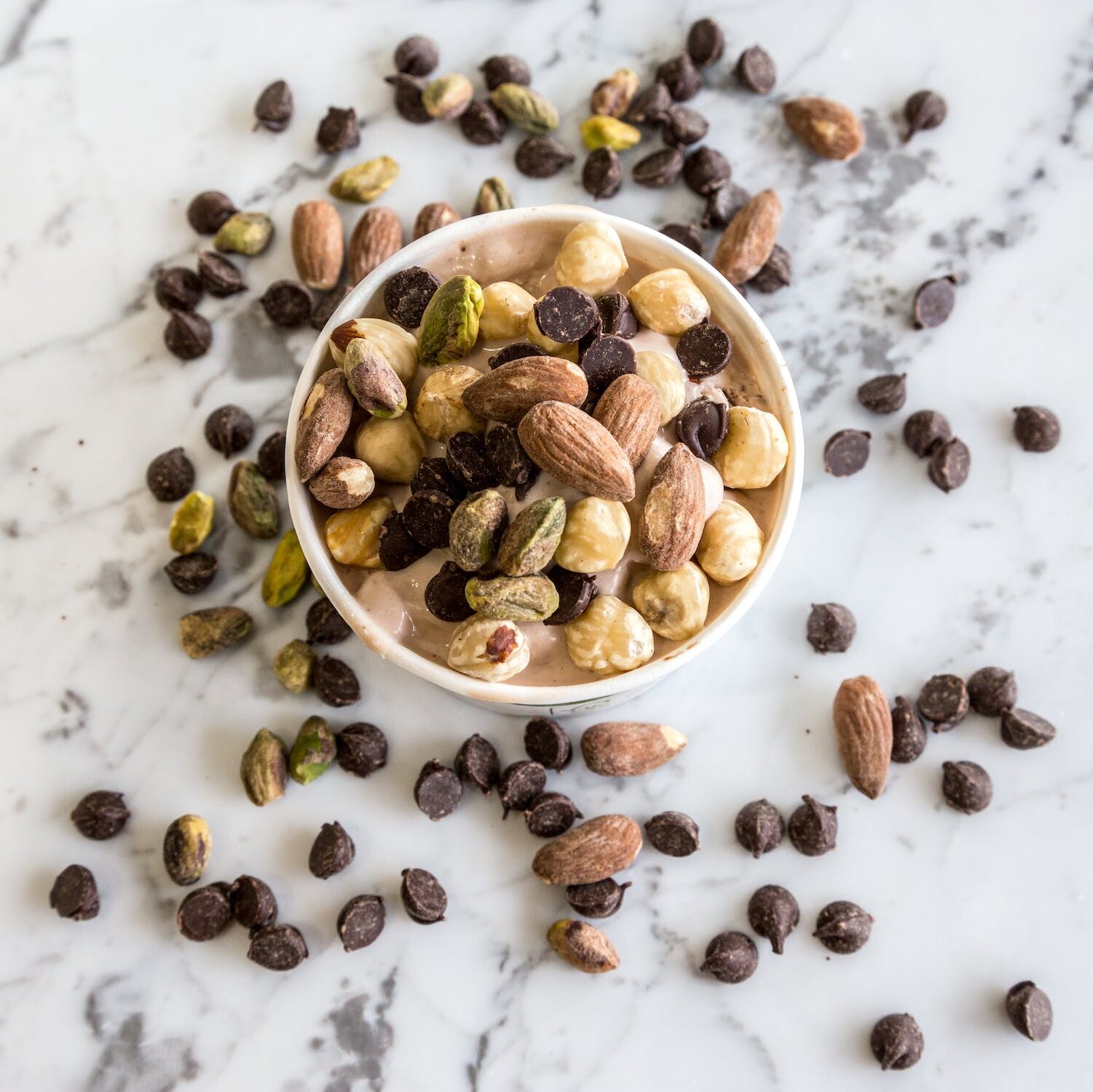
Protein supplements
If you’re struggling to get enough protein from whole foods alone, why ask yourself “which food is high in protein?”, go for supplements because protein supplements can be a convenient option. Whey protein, in particular, is a popular choice among athletes and fitness enthusiasts. However, it’s important to note that supplements should not replace whole foods in your diet, and it’s always best to speak with a healthcare professional before starting any new supplement regimen.
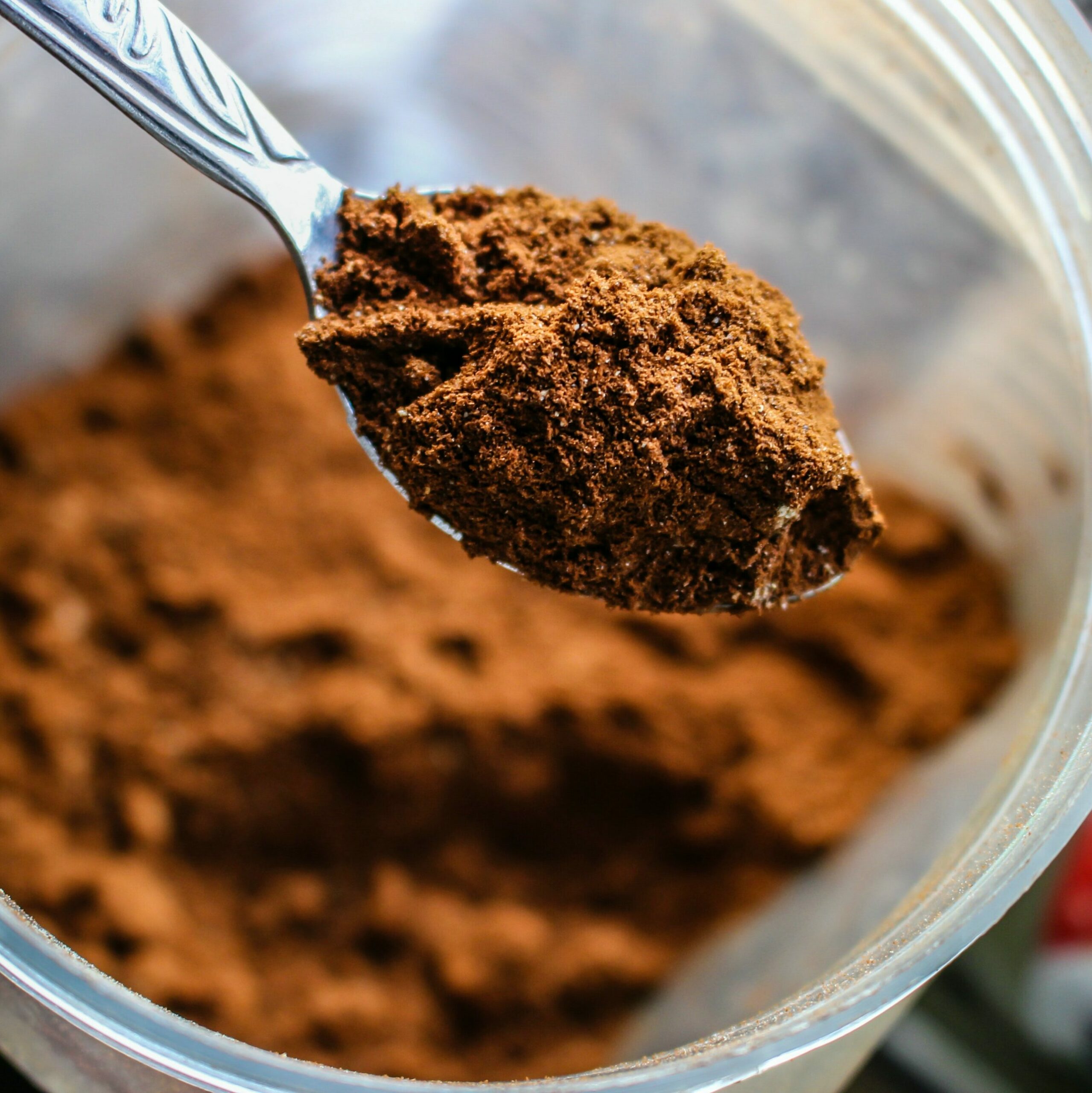
Now that we’ve covered some food that is high in protein, and while most of them are from animal products, we also have a list of vegetarian options here.
Let’s talk about how much protein you actually need:
The recommended daily intake of protein varies based on factors like age, gender, and activity level, but a general guideline is to aim for at least 0.8 grams of protein per kilogram of body weight. However, if you’re trying to build muscle, lose weight, or recover from an injury, you may need more.
It’s also important to note that while protein is important, it’s not the only nutrient that your body needs. It’s important to have a balanced diet that includes a variety of fiber, carbohydrates and healthy fats in addition to protein.
Eating a variety of foods can also help ensure that you’re getting all the essential amino acids that your body needs to function properly.
In conclusion, protein is an essential nutrient that your body needs for a variety of functions. However, it’s important to also have a balanced diet that includes a variety of other nutrients as well. If you have any questions or concerns about your protein intake or overall nutrition, it’s always best to speak with a healthcare professional or registered dietitian.

